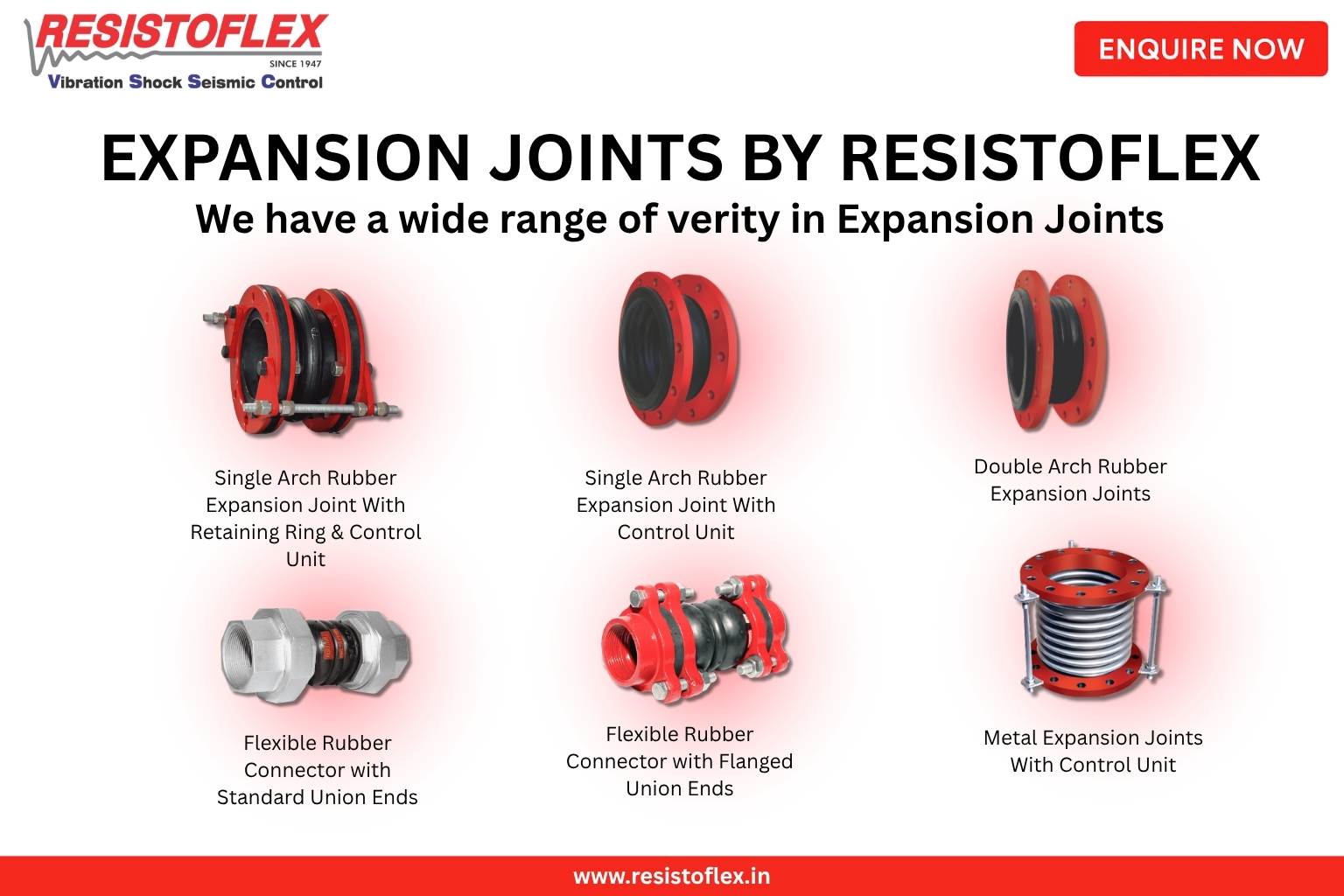In large industrial facilities, pipelines are everywhere—carrying water, chemicals, steam, or gases. But what happens when these pipes expand, contract, or vibrate due to temperature or pressure changes? The answer lies in using expansion joints for pipelines.
What Are Expansion Joints?
Expansion joints (also known as flexible joints or compensators) are installed in pipelines to absorb movements caused by:
- Thermal expansion and contraction
- Vibrations from pumps or compressors
- Ground movement or seismic activity
- Misalignment between connected equipment
Types of Expansion Joints:
- Rubber Expansion Joints – Flexible and corrosion-resistant, ideal for water and chemical pipelines.
- Metallic Expansion Joints – Used in high-pressure or high-temperature environments.
Key Benefits:
- Protects Equipment: Prevents cracks or leaks in pipelines.
- Absorbs Movement: Handles thermal stress and mechanical shifts.
- Reduces Vibrations: Minimizes damage from pulsation or pump startup.
- Saves Maintenance Costs: Reduces chances of system failure.
Industries That Use Expansion Joints:
- Power plants
- Chemical and fertilizer industries
- Oil and gas
- Water treatment and plumbing
Resistoflex provides premium-quality rubber expansion joints for pipelines designed to work in tough Indian conditions.



